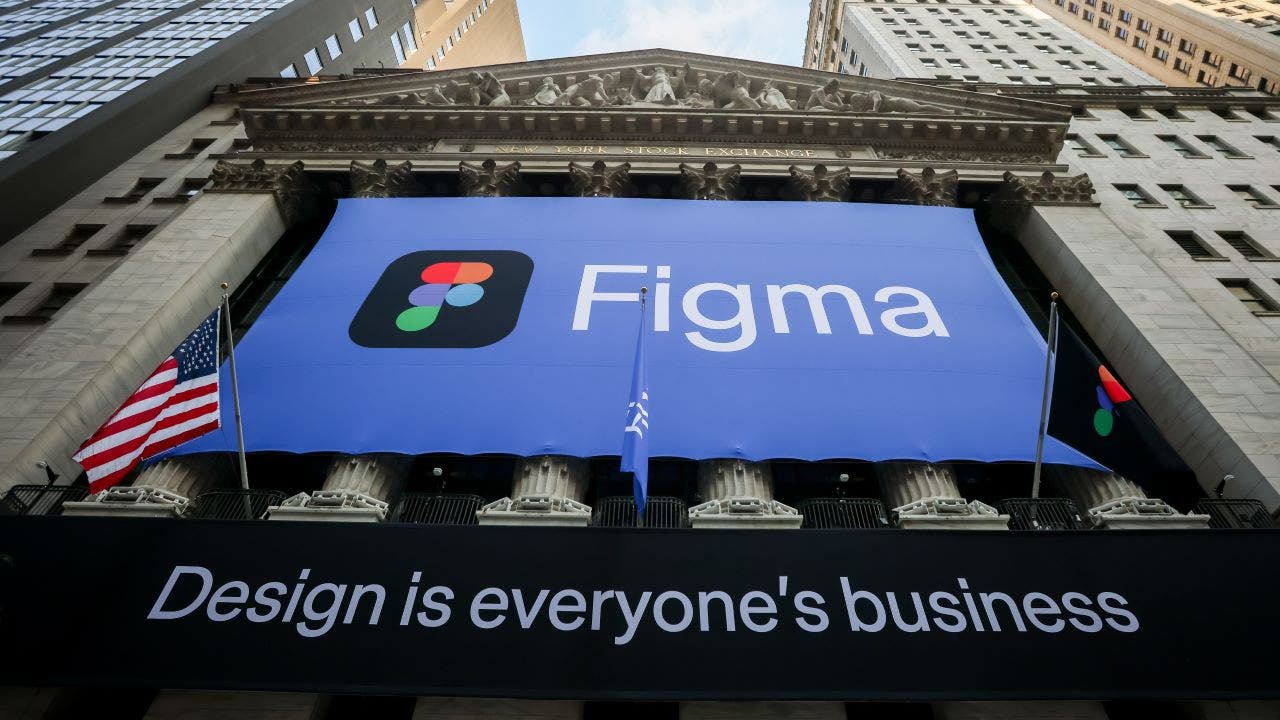The government of the Philippines announced that it will notarize its documents on the Polygon blockchain — on the same day that the network suffered a temporary outage.
Maria Francesca Montes Del Rosario, undersecretary at the Philippine Department of Budget and Management, announced in a Wednesday Facebook post that the government’s blockchain transparency was live.
According to a Thursday report by local crypto news outlet BitPinas, Del Rosario said at the launch event that blockchain addresses the issue presented by artificial intelligence-generated deepfakes and prevents bad actors from falsifying government documents.
“We are using cutting-edge technology like AI, blockchain, satellite imaging to enhance how we do public policy and governance,” Del Rosario added.
Paul Soliman, CEO of Bayanichain — the firm powering the initiative — said the blockchain will be used to track government budget documents. “This collaboration between the Department of Budget and Management (DBM) and Bayanichain sets a precedent for transparency and accountability in public finance,” he said.
Related: Vietnam deploys national blockchain for identity and records
How the document validation system works
In this type of application, the blockchain serves as a publicly accessible database that cannot be edited, providing a permanent record-keeping system for notary purposes. BitPinas said that the system of the Department of Budget and Management generates budget documents, and a representation of the data is inscribed on the Polygon blockchain.
While the exact details of the implementation were not disclosed, similar systems only store a hash on the blockchain. Hashes are alphanumeric strings of fixed length that derive from arbitrary data and are often used to represent data. Checking that the data generates the same hash as provided guarantees that it is the same data.
The official website of the Philippines’ government blockchain-based document validation service allows users to search for documents or scan their QR codes. The code or the search provides the system with a Special Allotment Release Order (SARO) or Notice of Cash Allocation (NCA) document code, and validates its key details.
Related: Bank of England mulls canning CBDC plan: Report
Polygon’s bad timing
The Polygon Heimdall v2 mainnet — the consensus client for the Polygon proof-of-stake chain — went down on Wednesday, the same day that the Philippine government announced its initiative. The cause was suspected to be a “consensus bug,” Polygon’s team told Cointelegraph.
Polygon’s issue was resolved within three and a half hours, which allowed its Bor layer to continue producing blocks independently and prevented the network from halting activity completely. Still, many front-facing services were affected, with block explorers not reflecting the ongoing network activity.
Magazine: Elon Musk’s plan to run government on blockchain faces uphill battle
Read the full article here
















